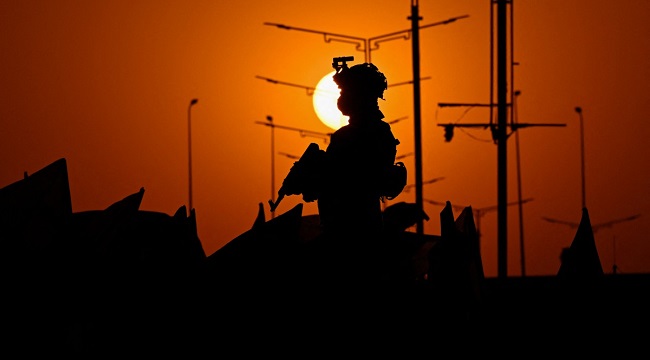Fresh concerns are mounting over violations of the international arms embargo in North-East Africa following revelations that a Middle Eastern arms company has been covertly supplying drones and missiles to one of the armies engaged in Sudan’s ongoing conflict.
The allegations, published by The Washington Post on March 7, 2025, appear to corroborate findings in Amnesty International’s (AI) 2024 report titled “New Weapons Fuelling the Sudan Conflict.”
According to The Washington Post, a cache of “documents and communications” revealed how the firm funnelled weapons to the warring side, potentially escalating a conflict that has already killed over 16,650 people and displaced millions since April 2023.
Amnesty’s report accused countries in Asia, Eastern Europe, and South-East Europe of contributing to the crisis through arms transfers. It described Sudan as the world’s largest internal displacement crisis, worsened by a steady flow of weapons into the country despite humanitarian concerns.
“All parties to the conflict are using a wide variety of arms to commit serious violations of international human rights and humanitarian law, in some instances amounting to war crimes and crimes against humanity,” Amnesty warned.
The group noted that the UN Security Council’s arms embargo — limited to the Darfur region — was “too narrow and poorly enforced” to curb weapons inflows. It said neighbouring countries were being exploited as supply lines to move arms across Sudan.
Amnesty’s Evidence Lab and Digital Verification Corps identified several types of recently manufactured weapons in use, including:
-
BRG 55 ‘sporting’ rifles
-
12GA hunting shotguns
-
Tigr designated marksman rifles
-
SAIGA-MK series rifles
-
Molot rifles
Read Also;
Kwara Gov Holds Emergency Security Meeting, Vows Tougher Action Against Insecurity
The rights watchdog urged all arms-exporting countries to immediately halt supplies to Sudan, whether direct or indirect, and to expand national licensing regimes to cover civilian-market weapons like hunting rifles and shotguns, which are being diverted into the conflict.
It further recommended rigorous oversight of arms companies, requiring them to conduct human rights due diligence before obtaining export licenses, and called for stronger mechanisms to prevent diversion of arms in the wider region.
“The response of the international community has been woefully inadequate. Without urgent action, these unimpeded arms flows will continue to fuel atrocities,” Amnesty concluded.




